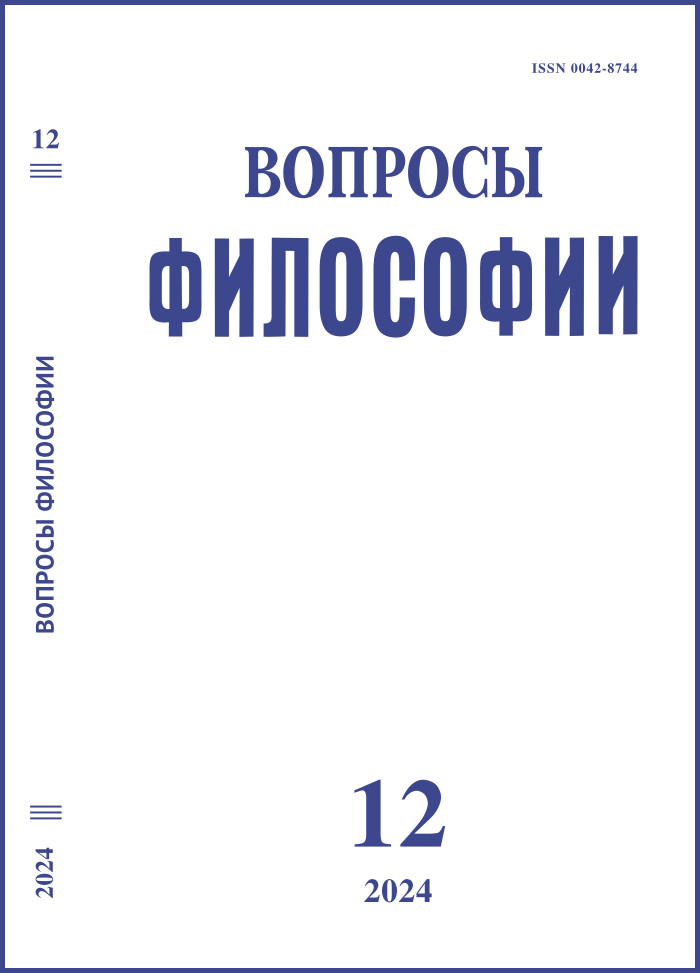Yogic Perception Critique in Mimamsa
DOI:
https://doi.org/10.21146/0042-8744-2024-12-183-192Keywords:
Mimamsa, Kumarila Bhatta, yoga, epistemology, yogic perception, Buddhism, Yogacara, Indian philosophy, Idealism, RealismAbstract
The history of Indian philosophy cannot be fully comprehended without the concept of “yoga”, the roots of which go back to the most ancient times: the Vedic and then Upanishads periods. However, the idea of yoga and yogic knowledge was mostly determined by the idealistic paradigm, which sharply contrasted with the position of the realistic schools. This is why certain systems of Indian thought strictly rejected the idea of yogic knowledge, one of which was Purva Mimamsa tradition. Considering Indian philosophy in terms of its fundamental contradiction – idealism and realism – the question of yogic perception clearly illuminated the difference between these two perspectives. Of course, in the case of Mimamsa, this issue was mostly determined by the “political” aspect: the idealistic position is completely incompatible with the main purpose of performing rituals. Nevertheless, significant attention was given by proponents of this tradition to the epistemological issues of yogic perception, particularly in debates with adherents of the Buddhist Yogachara school, as depicted in the text of Kumarila Bhatta’s Shlokavarttika, a prominent Mimamsa scholar. Some sections of this text related to the problems of yogic perception were discussed in this work

